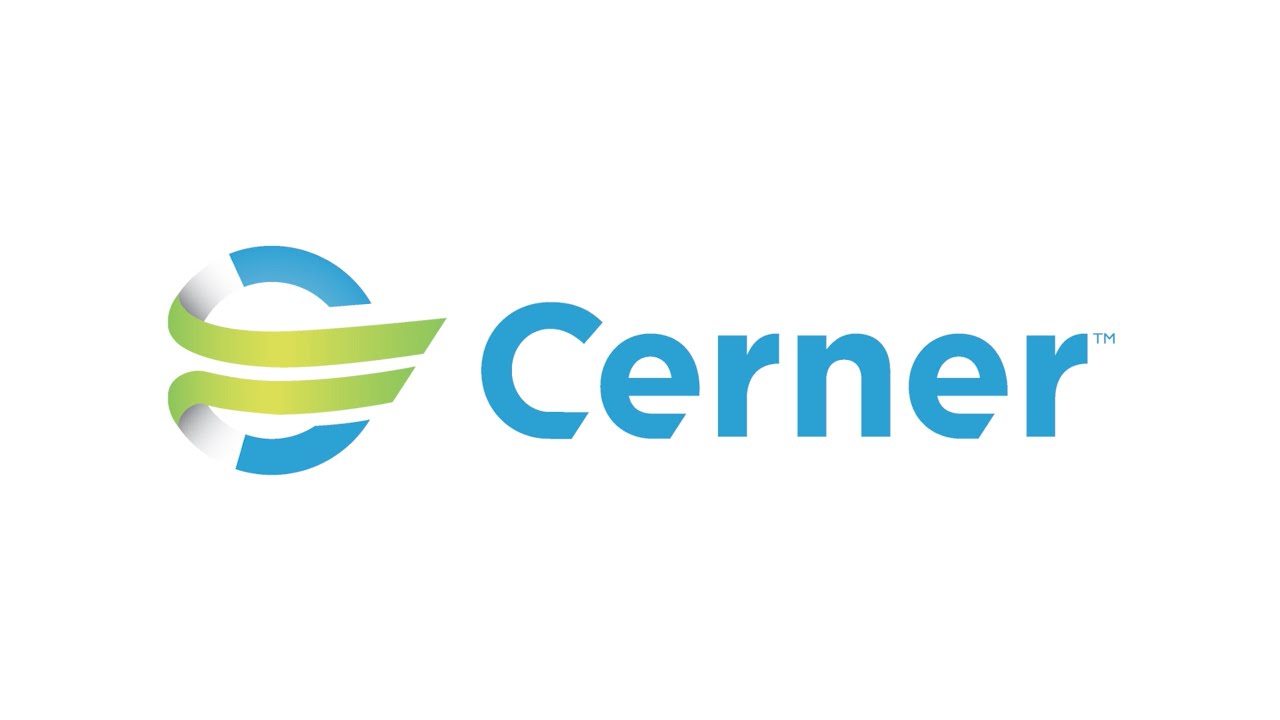
Cerner Provides a Cure for Complex Healthcare IT
Helping healthcare clients lower costs and improve agility
Challenge
In healthcare, the ability to rapidly respond to data can make the difference between life and death. Yet due to compliance regulations, as well as differing IT architectures, each provider requires a unique solution. Cerner, a global leader in healthcare technology, saw an opportunity to provide enhanced IT services for provider facilities worldwide, but an aging monolithic architecture held the company back from achieving its goals.
"Our partnership with TIBCO was founded on the idea that we could collaborate with a leading software provider to provide tools that enable our clients to solve problems," said Todd Fritsche, vice president of components and platform development.
Cerner's on-premises architecture also stood in the way of helping the company remain compliant with data protection laws that prohibit the movement of healthcare data outside of certain countries. "We also found it cost intensive, even prohibitive, to go and build data centers in every one of the countries we operate in." So, Cerner looked to TIBCO and major providers including AWS, Azure, and Google, to help embrace a cloud-friendly architecture.
Solution
Cerner relies on TIBCO for many of its crucial IT platforms. TIBCO BusinessWorks, TIBCO BusinessEvents, and TIBCO Messaging software are integral to its solutions that can be adapted to unique business needs.
"TIBCO tooling, along with Cerner applications, provide a degree of openness that allows clients to access data, repurpose it, serve patients, and provide integrations that enhance our solutions.".
There are two macro areas in which TIBCO solutions are embedded in Cerner's solutions. Cerner Clinical Solutions helps to streamline healthcare facilities' electronic medical records. "We have the business process management engine, which allows clients to do things like perform drug-to-drug interaction checks."
The other area is in the revenue cycle management space. "Cerner allows clients to tap into event-driven and service-oriented architectures to access applications and adapt to an ever-changing regulatory environment."
In terms of cloud-based solutions, Cerner relies on all three of the cloud providers: AWS, Azure, and Google, based on their strengths. "Because of the disaster recovery and high availability zones among other things and the amount of data we have, the cloud often ends up being a better environment for us. We do analyze the use of cloud on a per solution basis and a per business case. Sometimes it is cheaper to keep things on-premises but in places like Australia, where we have a large AWS footprint, it just makes more sense than building our own infrastructure."
Benefits
Core Competency and Community
Cerner wanted to maintain control over its intellectual property. "In partnering with TIBCO, AWS, Azure, and Google, we can focus on providing healthcare IT, while relying on our platform experts to concentrate on optimizing our infrastructure and cloud usage," said Fritsche.
Collaborating with TIBCO and cloud partners allowed Cerner to offer better service to its clients. The company also created a community and a degree of autonomy that allows adapting solutions. "People contribute their own solutions to our community, and other clients are able to reuse those capabilities, creating a community that ties our clients together," explained Fritsche.
Robust Foundation Seamless Healthcare IT
Many hospital IT departments don't have developers, instead they turn to Cerner. "Our clients think in terms of billing and collections and revenue, they don't want to think about SOAP messages or REST API calls, so we hide the plumbing that goes into the integration of back-office applications to make it seamless for our clients. TIBCO has provided a very strong foundation for us to do that."
Increased Data Accessibility
"As the cost of healthcare continues to rise, anything we can do for our clients to be able to lower cost and improve agility is critical. TIBCO and our cloud providers are central to helping us do that.
"One of the fundamental drivers of change in healthcare is called 'interoperability' which is the ability for a patient's data to follow them wherever they go. Being able to integrate different systems and move the data with the patient is fundamental to all healthcare applications today. Going forward, TIBCO and our public cloud providers will play an increasing role in helping Cerner achieve that goal."

Anything we can do for our clients to be able to lower cost and improve agility helps us solve the problem that we have in America today: the rising cost of healthcare. TIBCO is central to helping us do that.
Todd Fritsche
Vice President of Components and Platform Development
Lower Costs
and improved agility for clients

